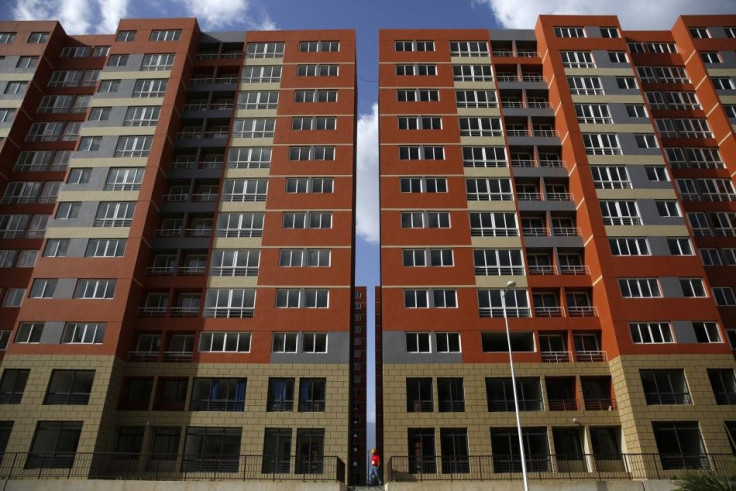Canada's Calgary Housing Market Buoyant Despite Concerns Over Falling Oil Prices

The Calgary housing market continues to rock. It still retains its appeal as an affordable market, despite a slip in oil prices, according to a report by RBC Economic Research. Calgary is part of Canada's big trio housing markets such as Vancouver and Toronto. Calgary appeals to buyers on the back of its strengths such as energy-backed economy, rising incomes and a population boom. The RBC noted that home re-sales in Alberta region has increased 0.9 percent from the last quarter and has set a new record.
RBC's chief economist, Craig Wright, explained the fine points of the report that provides the cost of an average detached bungalow in Alberta as $405,700; the price of a standard two-storey home around $410,200, and a condo at a price of $242,800, according to a report in Huffington Post.
Soaring Demand
According to Wright, Calgary's affordability is amazing and it is still a lucrative market for most prospective buyers. As a result, housing demand in Calgary has outpaced supply, even as new listings jumped 17 percent in the second and third quarters.
The demand for housing has been outweighing supply in Calgary. It meant prices in the city have jumped at a brisk pace, observed Craig Wright. At the same time, rising household incomes are keeping the housing in Calgary, relatively affordable for most of the potential buyers. The crunch in supply is now pushing Calgary city's home prices up "at the fastest pace in Canada," noted the Housing Trends and Affordability Report and said homebuyer demand has stood supreme throughout the third quarter due to a sharp hike in listings.
Housing Affordability Index
The RBC Housing Affordability index, compiled since 1985, looks at the calculated costs of owning a detached bungalow at the present market value. It also evaluates alternative housing types, including a standard two-storey home and a standard condominium apartment. When the reading is high, the affordability factor at market values declines. The affordability reading of 50 percent implies homeownership costs, including mortgage payments, utilities and property taxes will constitute 50 percent of a typical household's monthly pre-tax income, reports Stockhouse News.
That way, the RBC index is considered a reliable index to assess the ownership costs associated with buying a home at the current market prices. At the same, it does not hold a mirror to the actual costs incurred by current owners. That is why a vast majority of those who have bought a property in the past, will be feeling significant difference in values than those prevailed in the past.





















